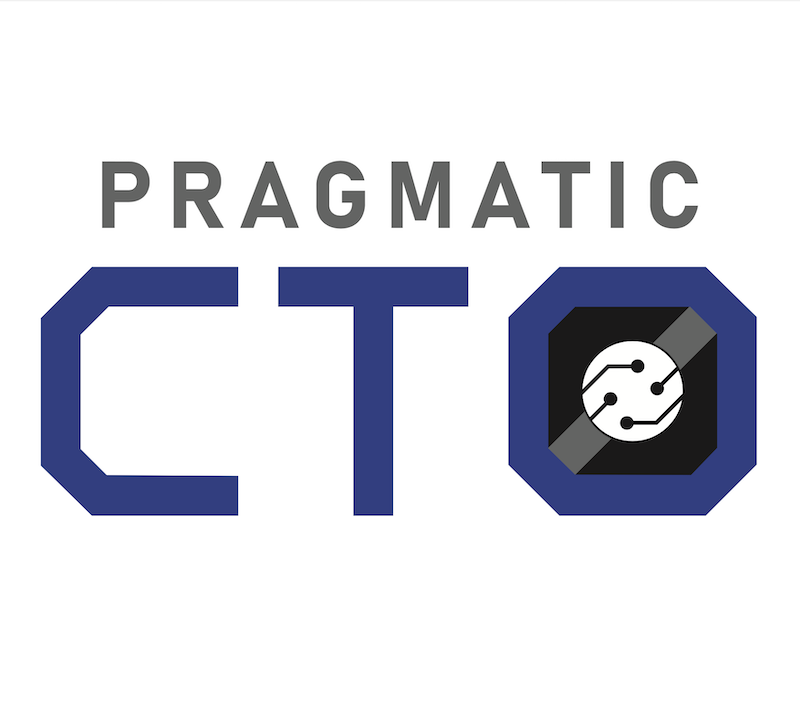- Published on
Making Decisions as CTO
- Authors

- Name
- @pragmaticcto
- @pragmaticcto
Being a CTO requires wearing many hats at all times. As a tech executive, a CTO represents the company, its technology, vision and values, and is responsible for making and communicating technological decisions. They also have the remit of selecting the tech stack and to enable the engineering team to deliver on the technological promise for the success of the entire company.
For both new and seasoned CTOs, especially in a startup, finding the right balance between thinking and doing can be challenging. What is your key role as a CTO: is it to be able to do technical things, code, design systems or to make strategic choices that drive a company's technology vision in the long run?
CTO as Engineer
I often get asked, how hands-on should the CTO be? Should we get our hands dirty and lead by example by crafting code and solving the most challenging problems?
Personally, I like being hands on - coding is my passion, and the reason why I’m in this business, so keeping even the small window in my schedule for hands-on tasks means I get almost child-like excitement which can make even the most challenging day feel good. For me, being a hands-on CTO demonstrates the passion and helps with building credibility and trust with the engineering teams, as well as customers and investors.
But the reality is that a CTO one won’t have as much time for doing the low level coding anyway. For some CTOs, coming from different backgrounds, that may not be their core strength - so no, I wouldn’t say it’s necessary for a good CTO to be fully hands on.
CTO as Decision Maker
What a CTO can’t shy away from is making technology decisions - weighing all options, considering all scenarios, thinking about both technical or security aspects, as well as commercial implications. But it’s not only about commercial or technical viability - taking into account how interesting and engaging it would be for the team to deliver on the promise of the decision, is also of high importance. Finally, think about the message behind the decision - can you get your non-tech CEO and fellow non-tech directors onboard the technological journey; is it something you can explain to your customers?
I know many good CTOs who love to code, and those who do not, and are more focused on product, security or infrastructure. The one thing they all have in common is making technology decisions and choices that inspire others, and standing behind them. Making key decisions to foster the environment where your team thrives, using the technology as an enabler- that’s what for me is the most important aspect of the tech leadership role like CTO.
Whatever the decision is, making one isn’t easy, some of the decisions we make on a daily basis include;
Security considerations that may have huge implications on the company reputation if gone wrong
Architecture for the scalable platform that can start small and simple, but handle millions of customers at scale
Picking the right cloud provider, mobile framework, database - and justifying it to both your founder or CEO (in terms of budget and timescales) as well as the engineering team (in terms of complexity and how interesting it makes the project).
Selecting a vendor, or being evaluated as a vendor yourself.
Making key decisions around the hiring process and candidates joining your team.
Overcoming the Decision Fear
The weight of responsibility for all the tech decisions is not an easy one. Especially as it’s not about the decision, it’s about carrying others with you, inspiring the development team to put it into practice.
As many CTOs in my network tell me, it’s the number one challenge of the CTO role. So you’re not the only one questioning yourself and sweating about another key decision that you have to make (and stand behind). It doesn’t mean that every decision will be the right one though - how you manage the wrong decisions, learning from them and making better outcomes in the future as a result, is what a CTO's journey is like.
You’re a technology leader not because you are the best performer or coder - you are there because of your leadership qualities and the trust your team has in you, as well as trust you project to your customers, investors and stakeholders. The key aspect of building that trust is by having confidence in making key decisions that would drive the business forward, and motivate the team to deliver.
And don’t underestimate the importance of your experience in your decision making process - like a goalkeeper reading where a penalty will go, your instinct will guide you - and it’s not magic, it’s your experience from years spent in engineering and product teams that will make the right decision come when it’s needed.
What are your experiences when it comes to technology decision making?